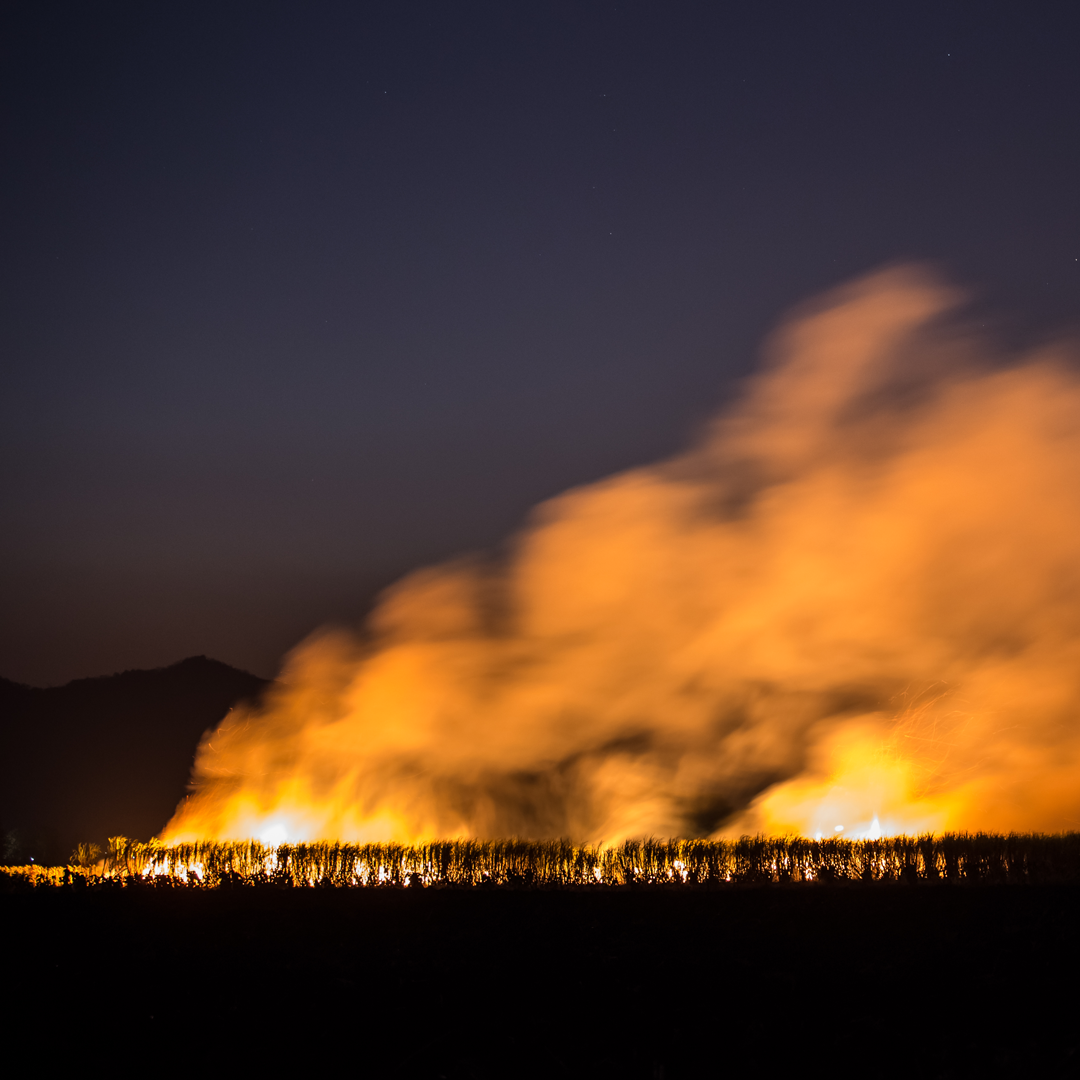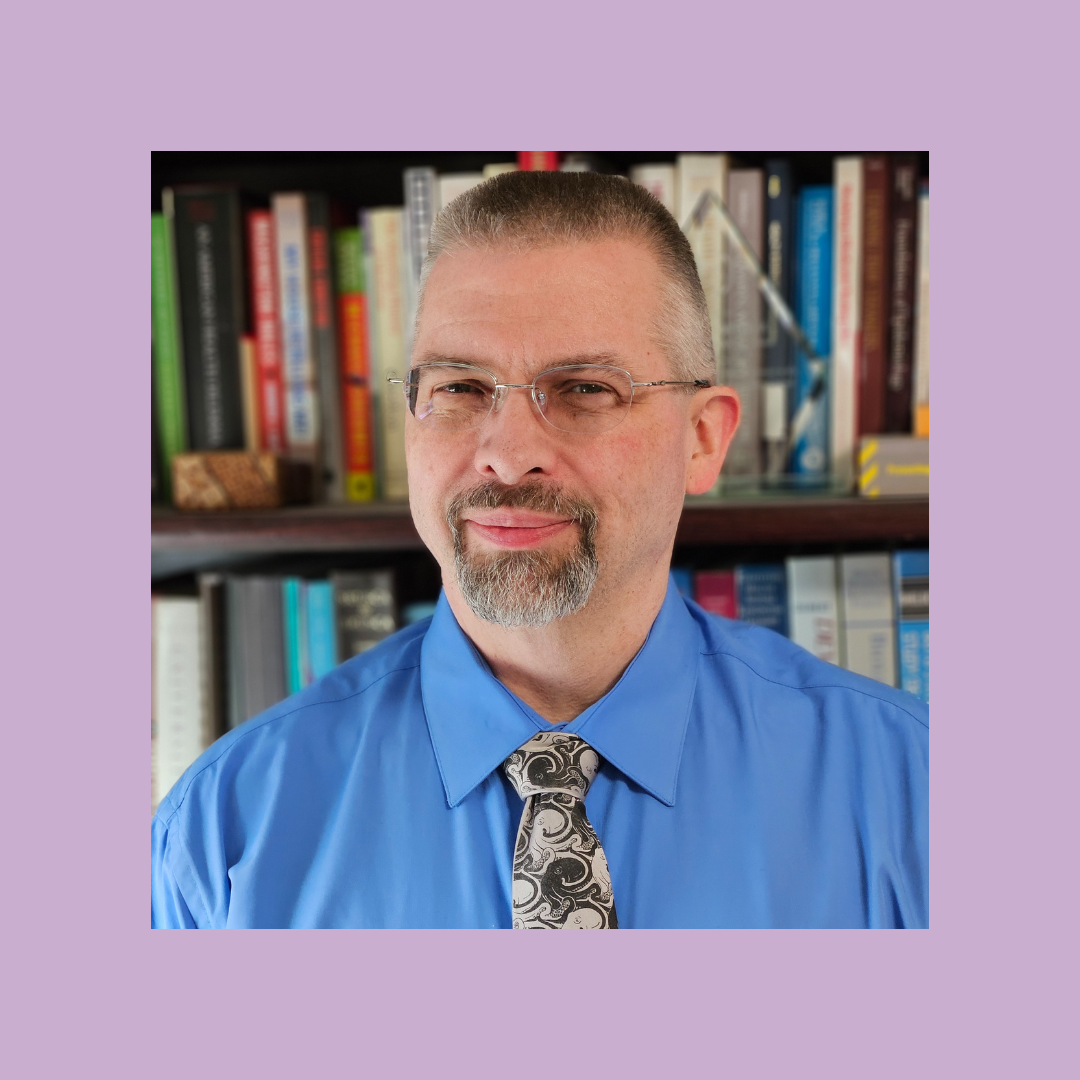Videos
Agenda
Keynote: The Government Perspective
Presentations From:
Panel Discussion: Climate Action for equitable, healthy, and climate resilient communities
BREAK
Keynote: The Academic Research Perspective
Speakers
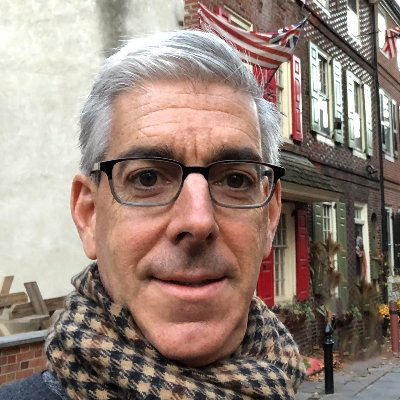
John Balbus
@drjbalbus
Interim Director, Office of Climate Change and Health Equity, US Department of Health and Human Services
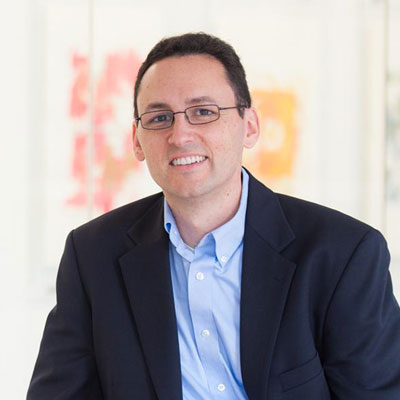
Greg Wellenius
@gwellenius
Professor, Boston University School of Public Health
Gregory Wellenius, ScD leverages his training in epidemiology, environmental health, and human physiology to lead research focused on assessing the human health impacts of the built environment in the context of a rapidly changing climate. His team has made a number of notable contributions to our understanding of the health risks associated with air pollution, noise pollution, other features of our physical environment, and those posed by a changing climate. A key goal of his team’s research is to provide the actionable scientific evidence needed to ensure that our communities are as resilient, sustainable, and healthy as possible, emphasizing the benefits to human health of climate change mitigation and adaptation efforts.
Before coming to Boston University, Dr. Wellenius served as faculty and Director of Brown University’s Center for Environmental Health and Technology and Elected Councilor of the International Society for Environmental Epidemiology (ISEE). He has previously taught courses on epidemiology methods, climate change and human health, and methods in environmental epidemiology. He has a strong track record of mentoring undergraduate students, graduate students and post-doctoral fellows. Dr. Wellenius is the 2019 recipient of the ISEE Tony McMichael Mid-Term Career Award and the 2018 recipient of the Dean’s Award for Excellence in Teaching from the Brown University School of Public Health.

Roseann Bongiovanni
@GreenRootsEJ
(CAS'99, SPH'01), Executive Director, GreenRoots
Roseann Bongiovanni (CAS’99, SPH’01), Executive Director. She has worked for environmental justice for more than 25 years. Her extensive career began as a young organizer with the Chelsea Green Space Committee and included victories defeating the construction of a diesel power plant, and preventing ethanol “bomb” trains from traveling to a Chelsea Creek oil terminal. In 2016, Roseann transitioned this vital work into the independent environmental justice and public health organization, GreenRoots, which played a critical role in the response to COVID-19 in Chelsea and East Boston. Under her leadership, Chelsea was named a Culture of Health Prize Winner in 2017, GreenRoots was selected as a Social Innovator in 2018, and was named a US EPA Merit Award Winner in 2021.
Roseann has raised and managed millions of dollars for major projects including Creekside Commons Park; federally funded air emissions reduction work, five urban growing spaces; murals and other public art projects; massive tree plantings; and multiple community parks. Roseann has received numerous awards for her work, including the Alternatives for Community and Environment Founders’ Award in 2001, the National Oceanic and Atmospheric Administration Environmental Hero Award in 2006 and the All Chelsea Award “Adult Resident of the Year” in 2007, an MLK Jr. Community Spirit Award by People’s AME Church in Chelsea in 2020 and a US EPA Merit Award in 2021. She has co-authored several publications.
Roseann is a lifelong Chelsea resident, a former City Councilor, and City Council President. She has a Masters of Public Health from Boston University and is the mother of two strong-minded children.
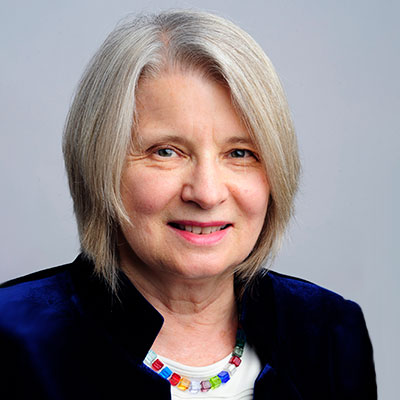
Sharon Harlan
Professor and Department Chair, Department of Health Sciences, Northeastern University
Dr. Harlan’s research explores the human impacts of climate change that are dependent upon people’s positions in social hierarchies, places in built environments of unequal quality, and policies that improve or impede human adaptive capabilities. Focusing on excessive heat and urban water systems as significant and increasingly critical threats to human health and well-being in cities, she studies social systems and landscapes that produce unequal risks for people in neighborhoods divided by social class and race/ethnicity. She has led multi-institutional, interdisciplinary research and community engagement projects that integrate social theories about the historical production of environmental injustices with data and models from the ecological, geospatial, and health sciences. She is currently conducting research on vulnerability to electrical grid failures and water affordability and accessibility in environmental justice communities across selected cities in the United States. Her coupled natural and human systems research has been supported by grants from the National Science Foundation on urban vulnerability to climate change, sustainability and water, the Central Arizona–Phoenix Long-Term Ecological Research program, and national and metropolitan area surveys on environmental attitudes and behaviors. She has served as an advisor on climate justice and social vulnerability to organizations such as the American Sociological Association, the National Center for Atmospheric Research, the US Environmental Protection Agency, and the Social Science Coordinating Committee of the U.S. Global Climate Change Research Program.

Kathy Baughman McLeod
@KBMcLeodFLA
Director, Adrienne Arsht-Rockefeller Foundation Resilience Center: Senior Vice President, Atlantic Council
- Kathy Baughman McLeod leads the Center’s global strategy to reach one billion people worldwide with climate resilience solutions by 2030, with a special focus on society’s most vulnerable. She also chairs the Extreme Heat Resilience Alliance (EHRA), a global alliance of 40+ government officials, disaster relief organizations, climate scientists, public health and medical experts, businesses, and nonprofits, that is delivering early warning, policy, finance, and on-the-ground solutions, including appointing Chief Heat Officers in cities around the world. Additionally, she is spearheading the global push to name and categorize heat waves to save lives and build the culture of awareness and preparedness necessary to combat extreme heat. Kathy is currently a member of the World Economic Forum’s Global Commission on “BiodiverCities by 2030” and a member of the Operating Committee of the Insurance Development Forum (IDF). Under her direction, Arsht-Rock is also a managing partner for the UN’s “Race to Resilience” campaign and Resilience Hub at COP26 — the UN’s flagship climate conference. Formerly, she served as Global Executive for Environmental and Social Risk at Bank of America, Managing Director for Climate Resilience at The Nature Conservancy — where she helped devise the world’s first insurance product on a natural asset; a 40 km stretch of the Mesoamerican reef in Mexico. She also served as Deputy Chief of Staff for the elected Treasurer/CFO of the State of Florida, where she was instrumental in making the Florida Treasury the first in the nation to publicly analyze and disclose the financial risks of climate. Kathy was also an appointed Florida Climate and Energy Commissioner. Baughman McLeod is the recipient of the Fuqua School of Business 2021 “Leader of Consequence” award and was appointed to the US Federal Emergency Management Agency’s National Advisory Council as its first-ever climate specialist in 2021. She holds an MBA from Duke University’s Fuqua School of Business and an MS in Geography from Florida State University.
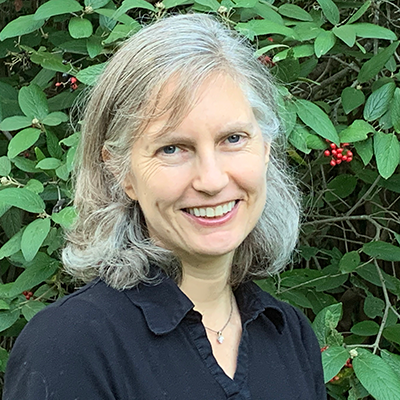
Marie S. O'Neill
Professor, Department of Epidemiology, University of Michigan
Marie O’Neill (she/her/hers) has a B.A. from Brown University, an MS in Environmental Health Sciences from Harvard University, and a PhD in Epidemiology from University of North Carolina at Chapel Hill. She has worked for the U.S. Environmental Protection Agency, the Pan American Health Organization, and in Mexico at the National Institute of Public Health and the National Center for Environmental Health as a Fulbright Scholar. Her research interests include health effects of air pollution, temperature extremes and climate change (mortality, asthma, hospital admissions, birth outcomes and cardiovascular endpoints); environmental exposure assessment; and socio-economic influences on health. She served on the Federal Advisory Committee to the third National Climate Assessment. She is a Professor in the Departments of Epidemiology and Environmental Health Sciences at University of Michigan School of Public Health and serves as Faculty Co-Lead for Diversity Equity and Inclusion at the School. She has been involved in several Federally funded research projects that address social disparities in climate effects on health, including a community-based participatory research project based in Detroit called Climate Hazards, Housing and Health.
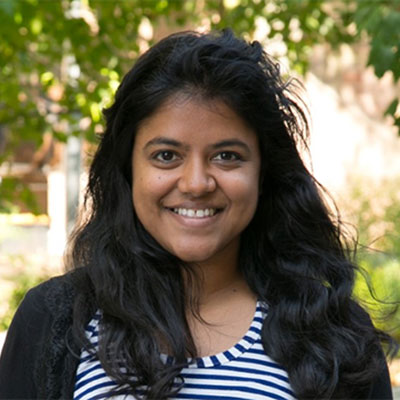
Amruta Nori-Sarma
@asansreason
Assistant Professor, Boston University School of Public Health
Amruta Nori-Sarma is an Assistant Professor in the Environmental Health Department at Boston University School of Public Health, where she studies the relationship between environmental exposures associated with climate change and health outcomes in vulnerable communities. Her previous work has examined the impact of heat waves and air pollution on health in vulnerable communities in India, South Korea, and across the US. Her current research aims to understand the impacts of interrelated extreme weather events on mental health across the US utilizing large claims datasets. She also has an interest in evaluating the success of policies put in place to reduce the health impacts of climate change.
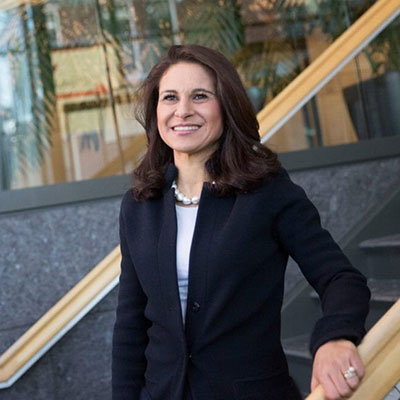
Francesca Dominici
@francescadomin8
Clarence James Gamble Professor of Biostatistics, Population and Data Science Co-Director of the Data Science Initiative, Harvard T.H. Chan School of Public Health
Francesca Dominici, PhD is the co-Director of the Harvard Data Science Initiative, at the Harvard University and the Clarence James Gamble Professor of Biostatistics, Population and Data Science at the Harvard T.H. Chan School of Public Health. She is an elected member of the National Academy of Medicine and of the International Society of Mathematical Statistics. She is an expert in causal inference, machine learning, Bayesian statistics. She leads an interdisciplinary group of scientists with the ultimate goal of addressing important questions in environmental health science, climate change, and biomedical science. Her productivity and contributions to the field have been remarkable. Dominici has provided the scientific community and policy makers with robust evidence on the adverse health effects of air pollution, noise pollution, and climate change. Her studies have directly and routinely impacted air quality policy. Dominici has published more than 220 peer-reviewed publications and was recognized in Thomson Reuter’s 2019 list of the most highly cited researchers–ranking in the top 1% of cited scientists in her field. Her work has been covered by the New York Times, Los Angeles Times, BBC, the Guardian, CNN, and NPR. In April 2020 she has been awarded the Karl E. Peace Award for Outstanding Statistical Contributions for the Betterment of Society by the American Statistical Association. Dominici is an advocate for the career advancement of women faculty. Her work on the Johns Hopkins University Committee on the Status of Women earned her the campus Diversity Recognition Award in 2009. At the T.H. Chan School of Public Health, she has led the Committee for the Advancement of Women Faculty.

Patrick Kinney
@PatrickKinney20
Professor, Environmental Health, BU School of Public Health
Dr. Kinney joined the School of Public Health faculty in January 2017 as the inaugural Beverly Brown Professor of Urban Health. He was trained as an air pollution epidemiologist at Harvard School of Public Health, and came to BU after two decades at the Columbia University Mailman School of Public Health. In his time at Columbia, he showed how warming temperatures make air pollution like urban smog worse, and more harmful to populations. He led the development of an integrated modeling system to predict the air pollution health effects of climate change into the future. Working at the intersection of climate change, health, and policy, Kinney has conducted research from the South Bronx to China to rapidly growing cities throughout Africa. At Columbia, he also created an interdisciplinary research and teaching program examining the potential impacts of climate change on health. At BU, Kinney is developing a new program that focuses on assessing the health benefits of urban climate action plans, via strategies to promote active transport, green infrastructure, and clean vehicles.
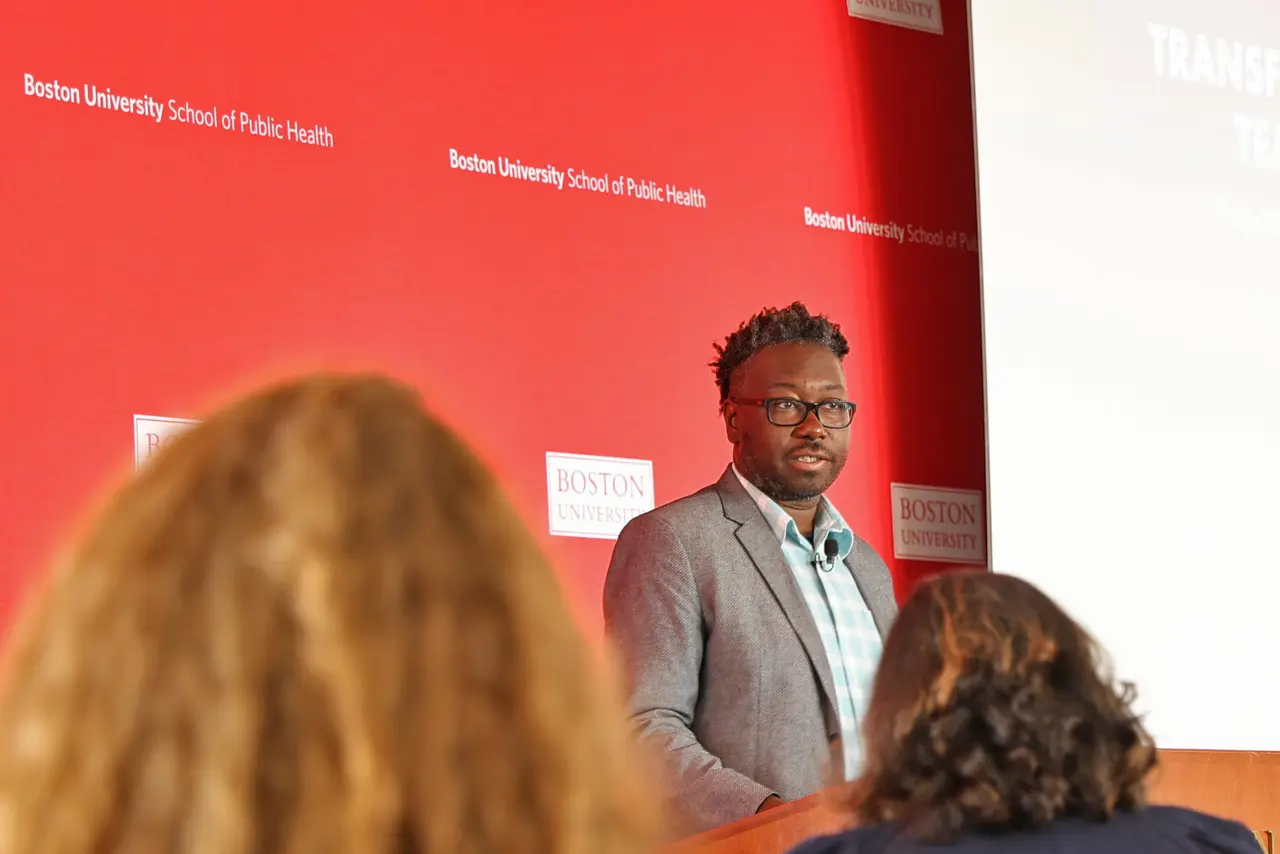
Subscribe to PHC
Get the latest from Boston University School of Public Health
